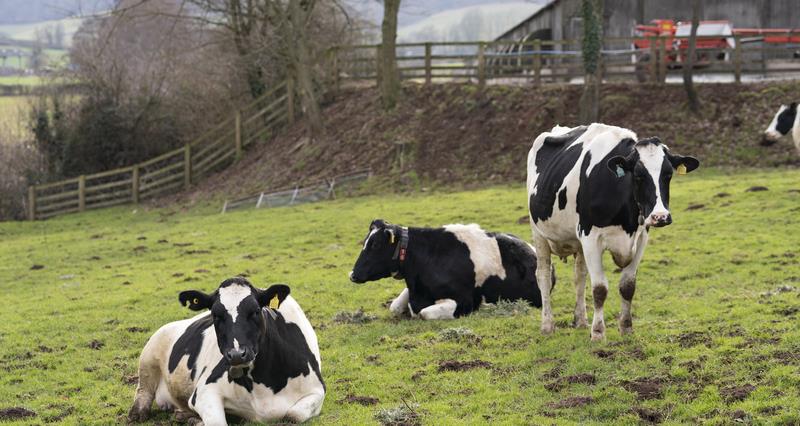Due to the drop in temperature and reduced midge activity, the UK's Chief Veterinary Officer has confirmed the UK is in the seasonally vector low period for bluetongue virus. This came into effect from 12 noon on 21 January.
As a result, some restrictions currently in place to mitigate disease spread have eased. These include:
- removing the requirements for post-movement testing of animals out of the RZ (Restricted Zone)
- the use of insecticide on transport vehicles
- the need to send animals moving outside of the RZ for slaughter to designated abattoirs
You must:
- have a licence to move animals or germinal product out of a restricted zone
- comply with any post-movement testing requirements set out in your licence or restriction notice if you moved animals out of the restricted zone on or before 20 January 2025
- apply for a licence to freeze germinal products within the restricted zone
Precautionary measures continue
The government has confirmed that the RZ currently in place across affected regions along the east and south coast of England will remain. Next steps will be announced once discussions with industry have taken place.
“While in the low vector period, vigilance is still key and if you suspect a case, it must be reported to Defra and I’d encourage members to discuss vaccination with their vet.”
NFU Livestock Board chair David Barton
All animals moving out of the RZ will still require a pre-movement test unless going direct to slaughter or to a dedicated slaughter market.
‘Vigilance is key’
NFU Livestock Board chair David Barton said: “Confirmation that we are now in the seasonally vector low period for bluetongue virus (BTV) will be welcomed by many livestock farmers, especially those that find themselves in the current RZ.
“For those farmers that remain in the RZ, I’d encourage checking the most up to date information on requirements for premovement testing and changes which allow animals to move to any abattoir in the ‘Free Area’.
“While in the low vector period, vigilance is still key and if you suspect a case, it must be reported to Defra and I’d encourage members to discuss vaccination with their vet.”
Read the full update at: .
Ongoing policy work
Defra is developing its policy for the next active vector season. It is highly likely that we will see overwintering and a resurgence of the virus in the spring as the temperature rises again.
�ʼһ���is working with Defra to devise a control strategy which balances proportionality, APHA resource and farm business sustainability.
Vaccinations
One of the key components of a control strategy for the new season will be vaccination. Now is the ideal time for members to have conversations with private vets about the benefits of vaccination and whether a vaccine would be a good mitigation tool on farm.
The veterinary organisations are providing advice for their veterinary members so vets should be well equipped to talk through any options.
�ʼһ���is aware that two of the three vaccines currently in circulation (Bluevac-3 and Syvaluz BTV) have received the equivalent of a Provisional Marketing Authorisation with the European Medicines Agency.
We are not aware of any equivalent applications to the Veterinary Medicines Directorate at this time. All three vaccines are still being offered in the UK under the current SoS permission for emergency use for the foreseeable future.
A general licence is available from Gov.uk to report use. Visit:
It is important that farmers continue to be vigilant about spotting and reporting clinical signs of BTV.
The clinical signs of BTV share some similarities with other diseases, one of them being FMD (foot and mouth disease). With the ongoing FMD situation in Germany, the risk of incursion of FMD to the UK has been raised to ‘medium’.
We cannot allow FMD to come to the UK under the guise of another disease.

